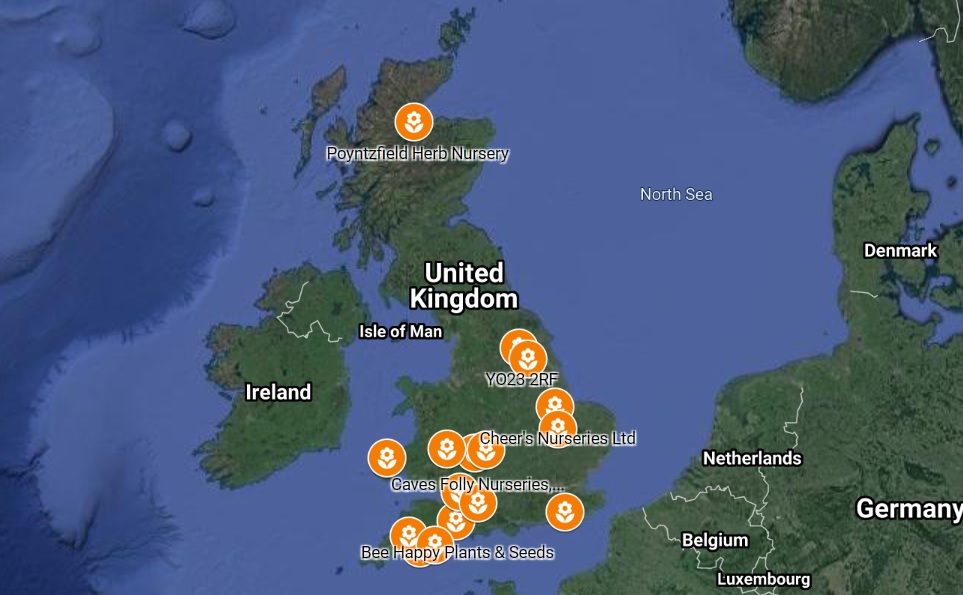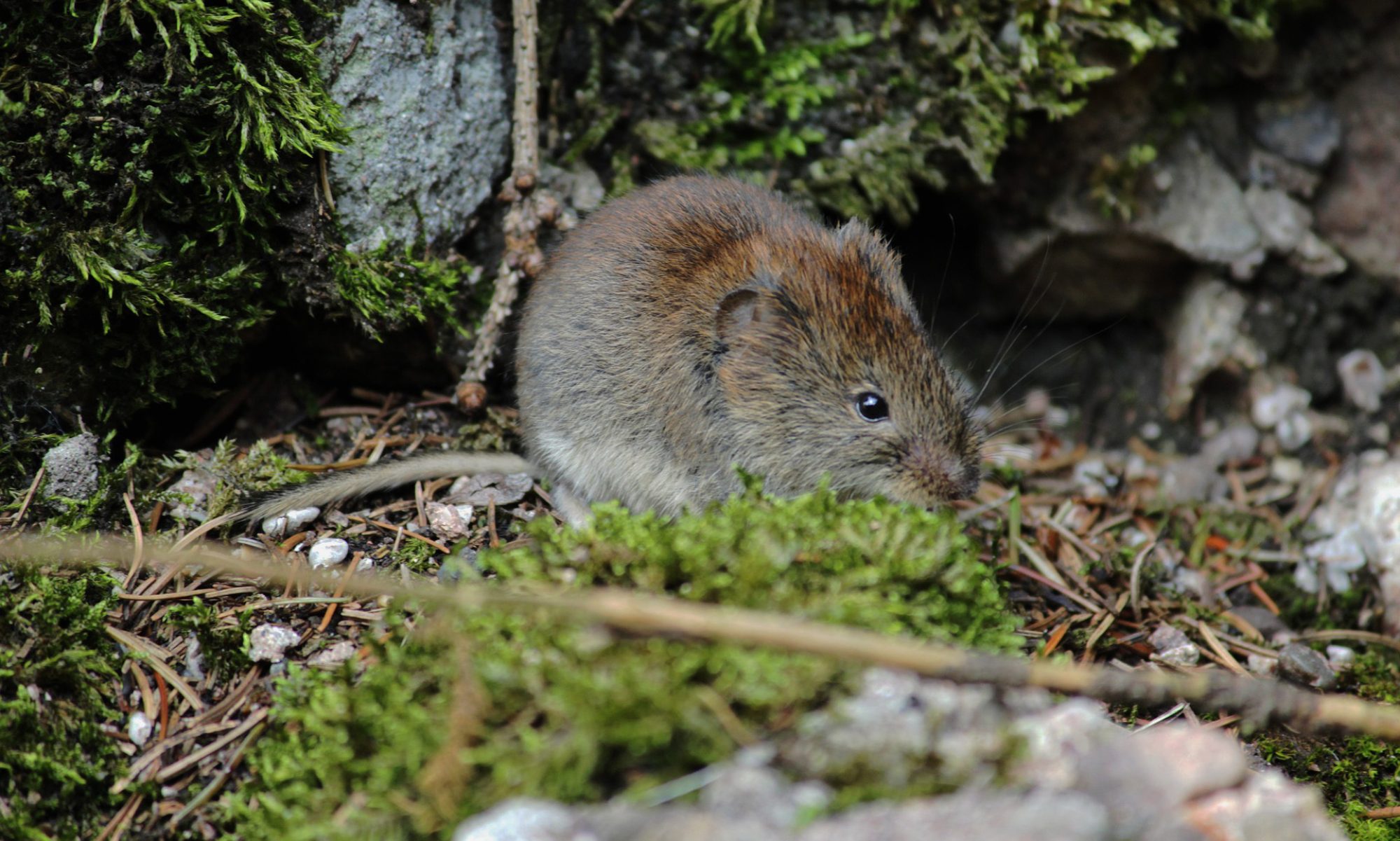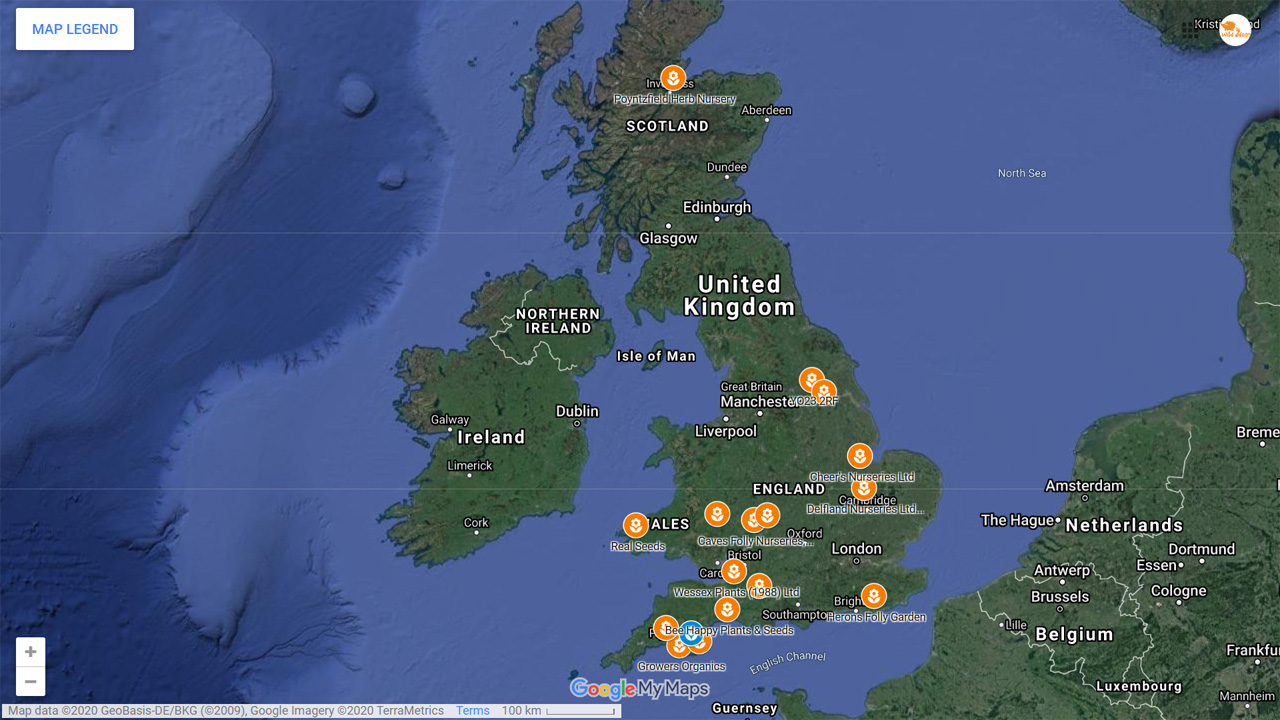
As you wander around your local garden centre or supermarket, you will, quite soon, find yourself in an area of brightly coloured plants or seed packs professing their benefits to our pollinating friends. You may find stickers informing you that these are, indeed, the right choice for the bees and butterflies which frequent you garden…. or that you wish to attract.
However, recent research from the University of Sussex found that over 70% of the ornamental plants marketed as suitable for pollinators contained neonicotinoid insecticides and only out of 29 plants contained no insecticides at all. (Lentola et al., 2017).
Yes, almost all of the plants that we are encouraged to buy can, in fact, be fatal to our precious pollinators.

So what’s the answer?
Our native bees and butterflies have evolved over millennia to feed on our native wild plants, finding niches within their environment to enjoy maximum pollen and nectar supplies while providing their pollination services to these plants. The benefits to biodiversity increase dramatically when species of ‘local provenance’ are used.
Many of the ornamental garden plants we buy, not only are doused in insecticides, but also produce no pollen to feed our hungry visitors. This is not true across the board and, here, schemes such as RHS’s Plants for Pollinators can provide a useful guide to the species that will attract and feed them.
Locally grown native species have adapted to the local environmental conditions and are not only more likely to succeed than seed sourced from elsewhere but are also more likely to be of most benefit to our own local wildlife.
Go organic
In avoiding the use of pesticides and insecticides, the best and safest route is the use of certified organic plants and seeds.
There are a number of organic certification bodies in the UK, so we’ve done our best to make it easier for you to find a supplier or organic plants and seeds. Using the map below, you can find fully organic suppliers and suppliers who stock organic seed and plants.
These listings include a variety of walk-in nurseries and online sales, so you can find the most convenient way to select and buy your seed.
Are you or do you know of a certified organic supplier who isn’t on our list? We’re keen to keep it updated and make it easier for everyone to do their best for invertebrates, so please do contact us.
References
Lentola, A., David, A., Abdul-Sada, A., Tapparo, A., Goulson, D. and Hill, E., 2017.
Ornamental plants on sale to the public are a significant source of pesticide residues with implications for the health of pollinating insects. Environmental Pollution, [online] 228, pp.297-304. Available at: <https://www.sciencedirect.com/science/article/pii/S0269749117305158> [Accessed 9 July 2020].


